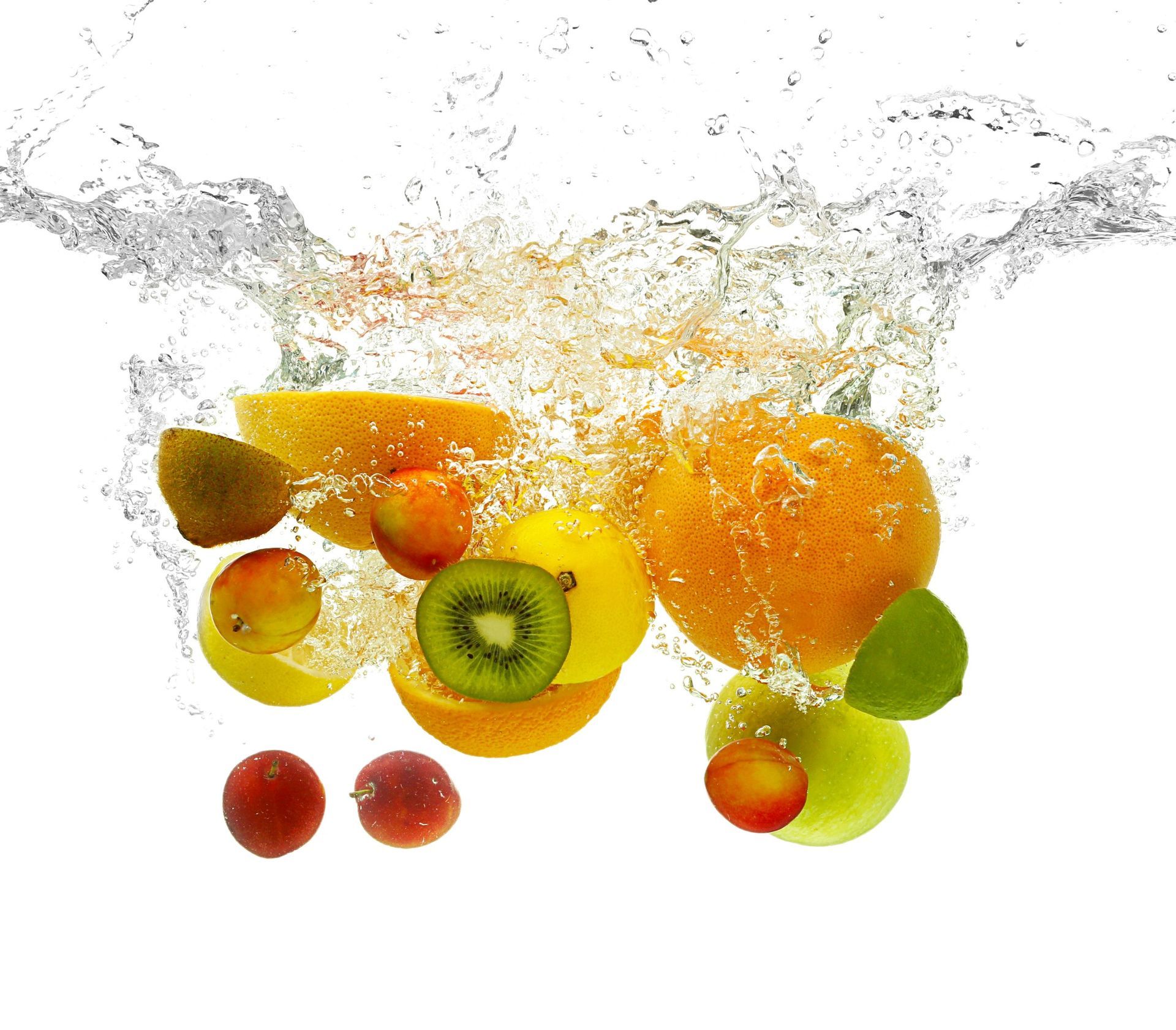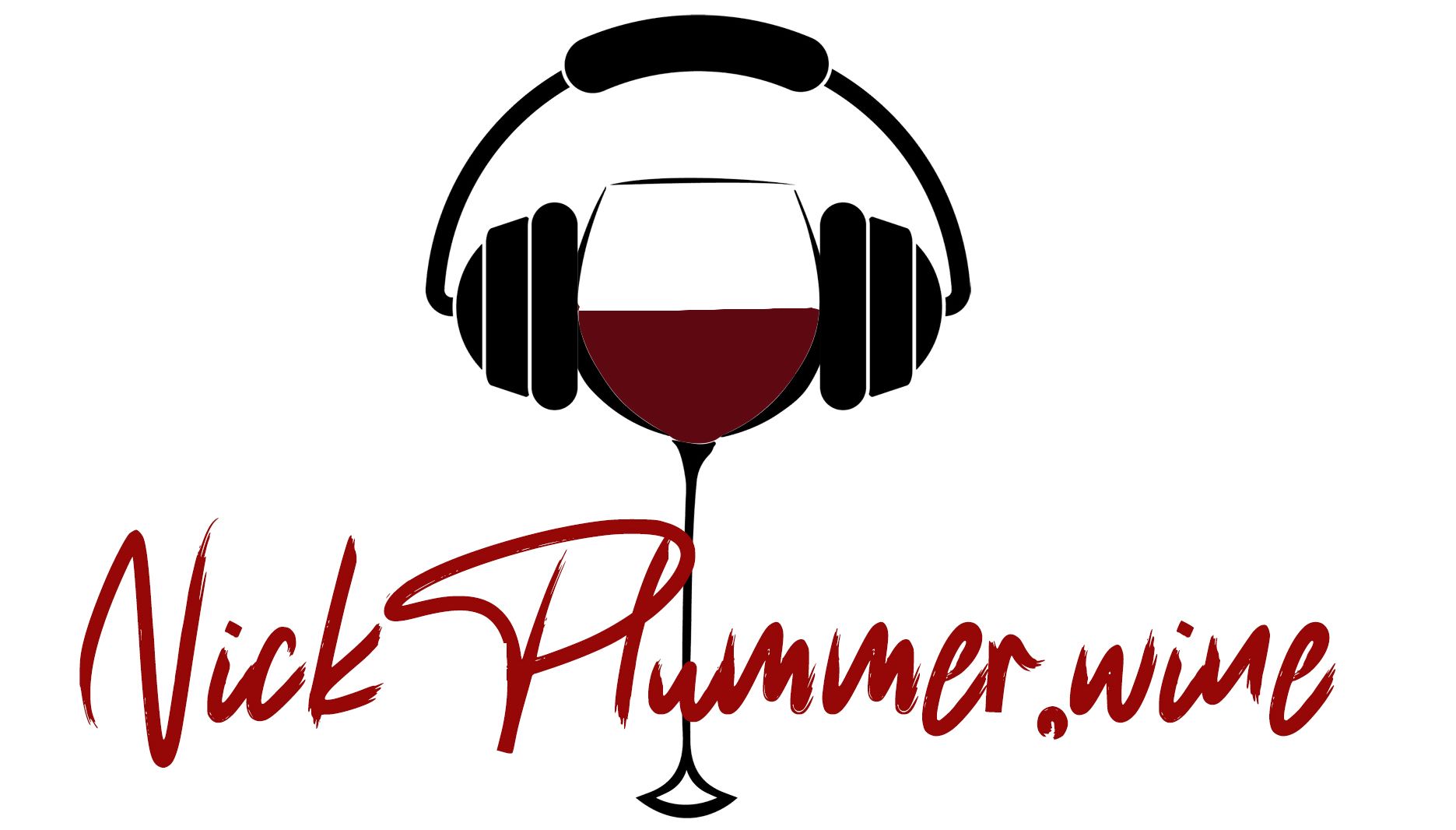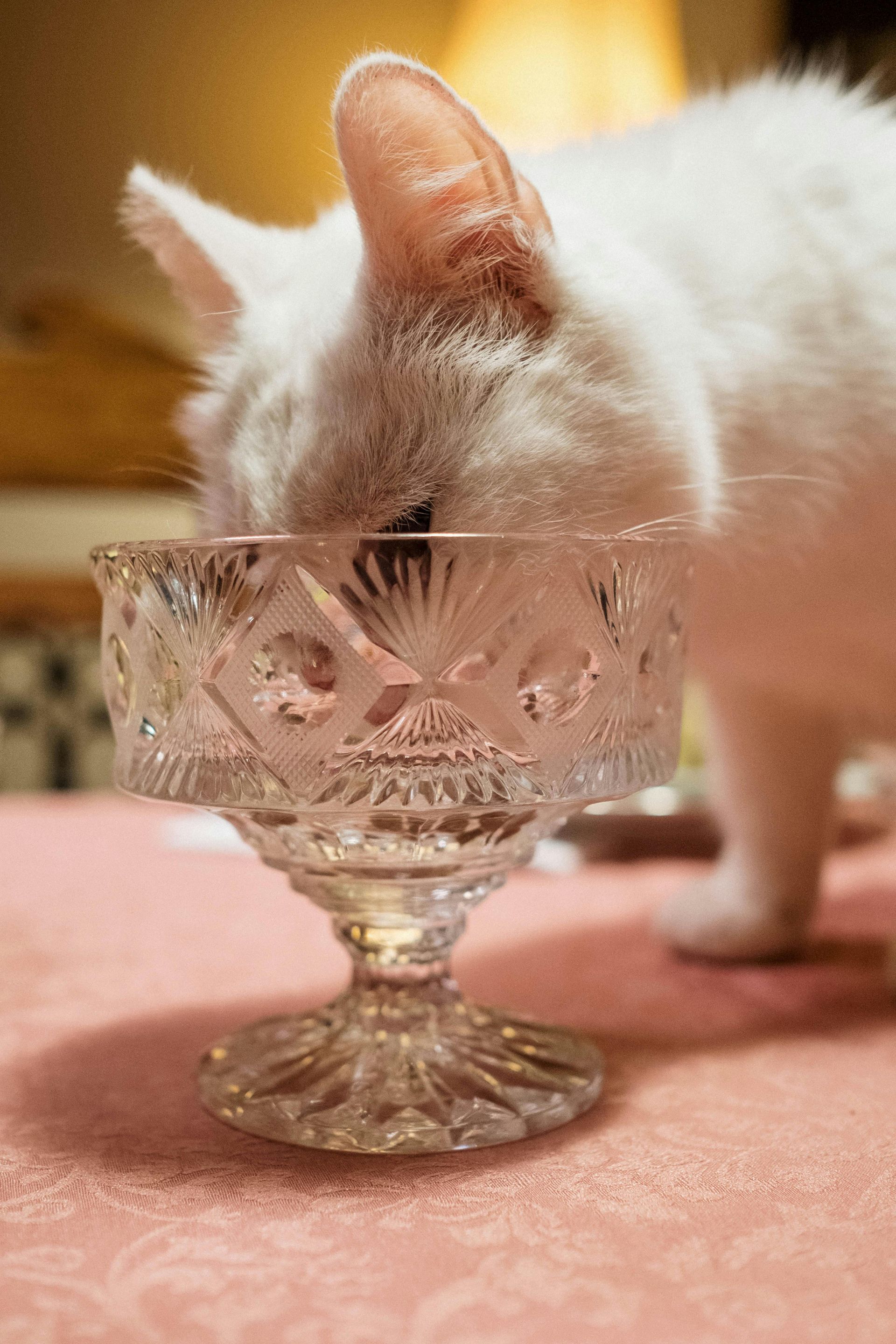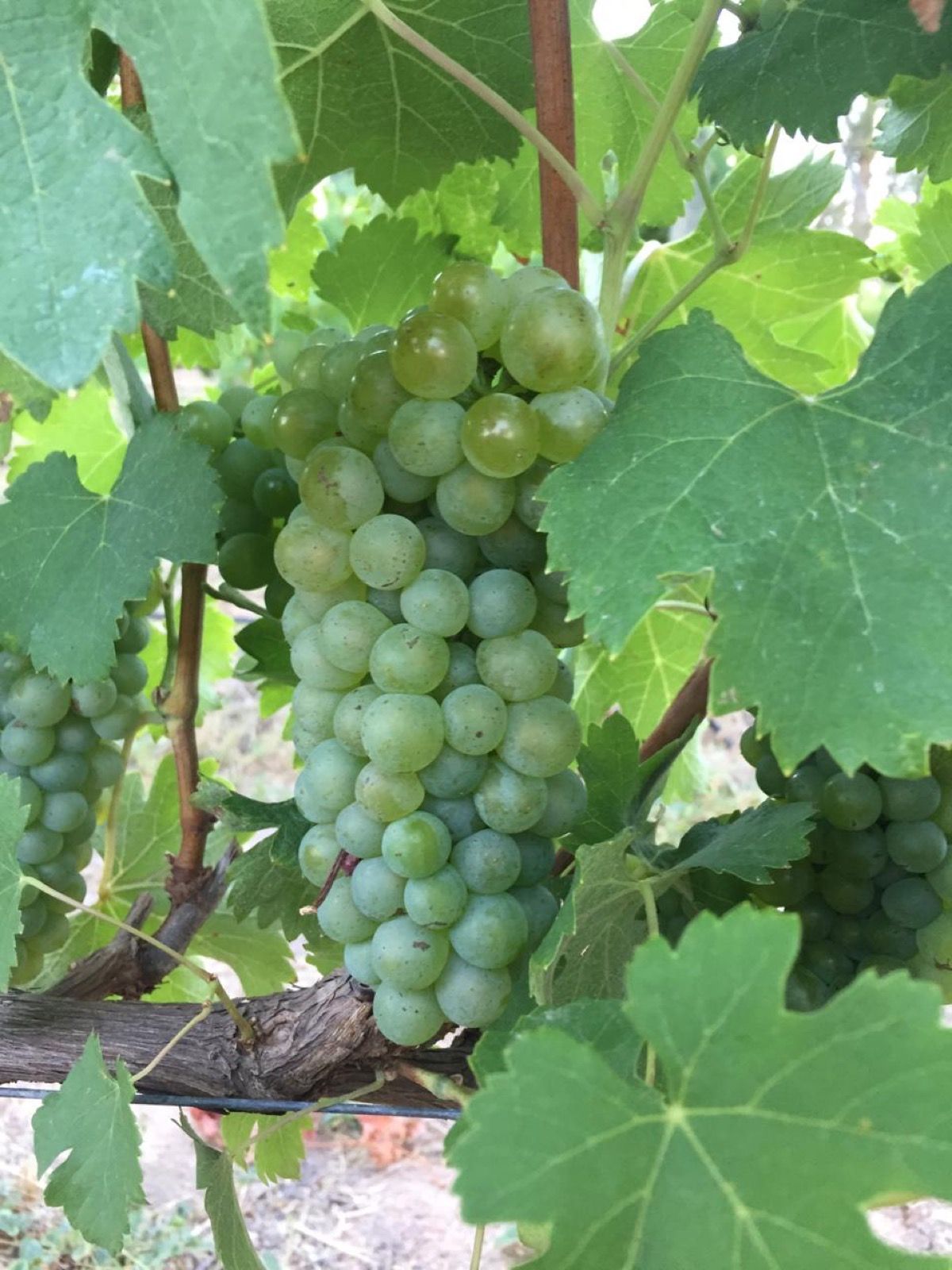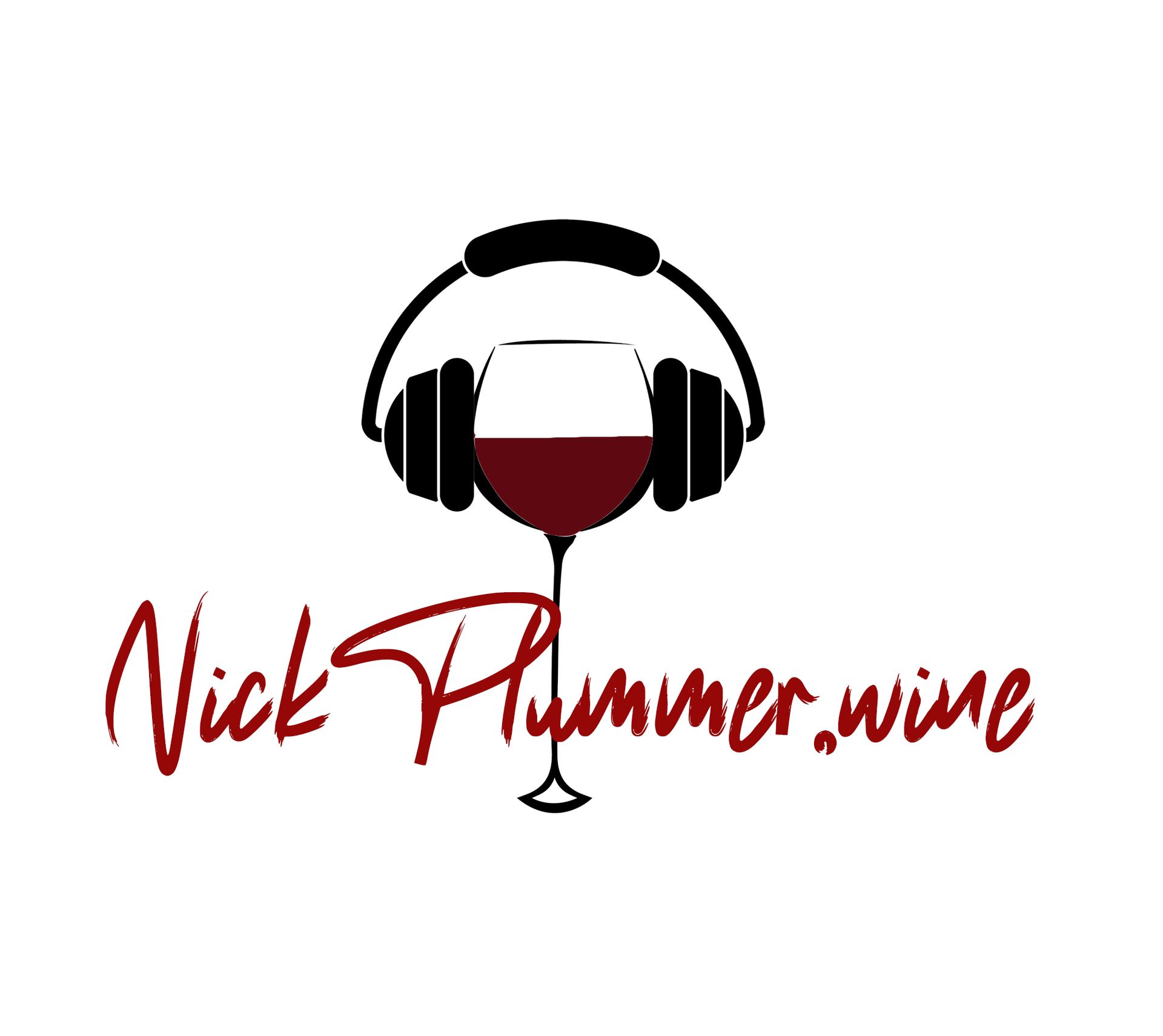Allocation Wines
Unicorns, or a lot of hot air?

There are, in certain rarified wine circles, frissons of excitement when a new vintage allocation comes around.
From a producer's point of view, it's a very special time:
A time to stamp your mark on the industry with more blockbuster wines that will undoubtedly attract very high scoring points.
A time to maintain the aura of exclusivity and elusiveness that surrounds your brand, and the justification in asking
very high figures.
A time to scratch your name even deeper into the tree trunk of the wine world.
But why?
Why do wine producers offer their wines solely on allocation?
Well, it undoubtedly serves as a massive cash injection into the bank account - for example, it was calculated that a well-known South African producer netted themselves something upwards of R10 million in a matter of weeks, if not days, when their new allocations were released recently. But even if they do sell all their new releases in less than a month, they still have to pay their bills and survive for the rest of the year. Still, it keeps the bank manager happy to see a lot of zeroes on the statement.
But from a consumer perspective, what does it mean?
Well, if you're hoping to pick up a case direct from the farm, you'll have to express your interest, and get onto a waiting list which may extend a few years. Otherwise, you have to shop around the retailers, which again can entail time served on a waiting list.
But why do you, as a consumer want to get your hands on these allocation wines?
There is a very small percentage who will professionally cellar these wines as commodities, with a view to selling them on in a few years time.
Others will cellar them for consumption at a time (often) dictated by the winemaker for maximum quality.
Others will open them, drink them and enjoy them. I like these people. As I've mentioned before wine is a drink. Drink is a noun AND a verb.
Now, there are some unicorn allocation wines that are of extremely high quality and utmost rarity, and they have achieved legendary mythological status because of their continuous high-level achievements over the years. You can't take that away from them, and they've earned their highly-desirable labels.
BUT, there's a growing number of wines that suddenly appear as allocation wines, which have little or no proven track record of magnificence, and their earlier iterations have been anything but stellar. New producers and itinerant winemakers (who select their grapes from a variety of locations) who declare that their low-volume production wines are now allocation only, are driving up their prices to gullible consumers who haven't researched the brand or its history.
Caveat Emptor, I guess.
Beware the over-marketed wine - and don't forget that you can try before you buy. If you're not allowed to try the wines first (at the farm), you can allow those alarm bells to ring.
To paraphrase the well-know saying:
Life's too short to drink expensive wines that have reached the dizzying heights of mediocrity.
Nick Plummer Blog

